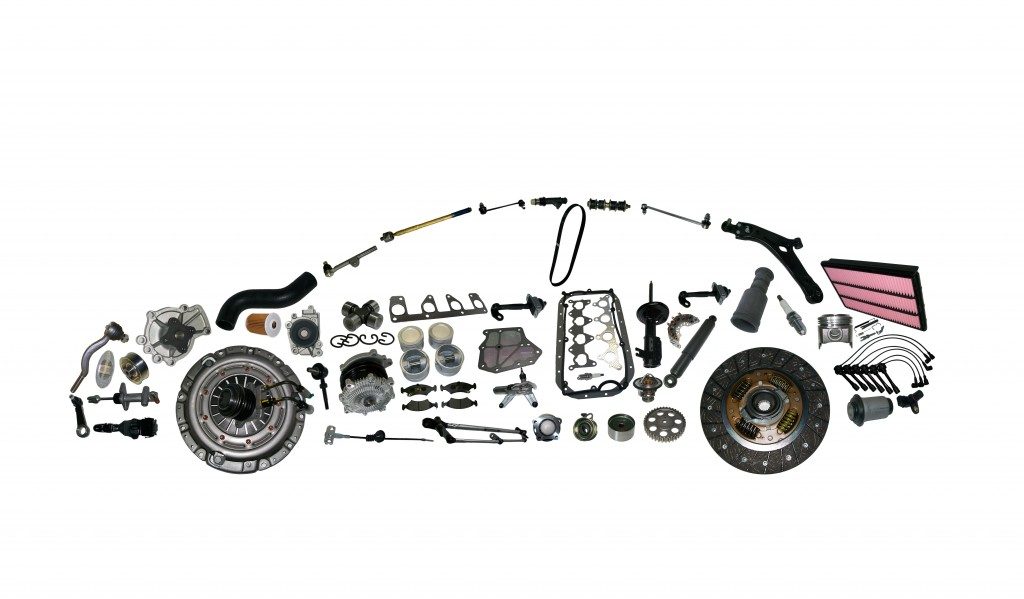• Pay attention to any warning signs, such as dashboard lights, strange noises, or changes in performance while driving.
• Regularly inspect the condition of the battery and replace it every three to five years.
• Check for coolant levels, radiator problems, thermostat issues, and worn water pumps to prevent overheating.
• Follow your car’s maintenance schedule, and don’t postpone taking it in for servicing.
• Replace worn-out parts such as spark plugs, filters, hoses, and other components during a tune-up.
It’s a familiar and frustrating scenario for everyone: you’re running late for work, and your car suddenly decides not to cooperate. Breakdowns are, unfortunately, a common part of owning a car, but have you ever stopped to think about why it keeps happening? In this blog, you’ll learn about a few of the most common reasons your car may frequently be breaking down. Read on to learn more.
Ignoring Warning Signs
One of the main reasons cars break down is due to their owners ignoring the warning signs that something might be wrong. Pay close attention to any dashboard warning lights, strange noises, or changes in how your car feels while driving. If you notice something that seems off, it’s always best to check it out immediately. Delaying a visit to your mechanic will only exacerbate the issue and potentially lead to a more severe (and costly) problem in the long run.
Additionally, you should know that it’s best to have your car checked by an auto shop specializing in your vehicle’s specific make and model. This will ensure that the mechanic has access to all the relevant parts and repair advice your car may need. For example, if you have a Mercedez-Benz GLE, you should look for a Mercedez-Benz repair shop that can help diagnose the problem and make any necessary repairs. If you go to a general auto repair shop, they may not have the knowledge or experience necessary to properly diagnose and fix your car.
Battery Problems
Car batteries are a common cause of breakdowns. A weak or damaged battery will struggle to provide the necessary power for your vehicle, eventually leaving you stranded. To avoid this problem, make sure to routinely check the condition of your battery.
Look for any signs of corrosion, inspect the cables for damage, and ensure the terminals are securely connected. Additionally, consider replacing your battery every three to five years, as it may lose its ability to hold a charge over time.
Overheating

The common cause of overheating is a lack of coolant, but it can also result from issues with the radiator, thermostat, or water pump. Overheating can be detrimental to your engine and lead to a complete breakdown.
To prevent your car from overheating, inspect your cooling system regularly. Make sure to check for any leaks, keep the coolant levels topped off, and replace your thermostat and water pump when necessary. Be mindful of your temperature gauge, and if you notice any signs of overheating, pull over immediately to prevent costly damage.
Skipping Regular Maintenance
Regular maintenance for your car is like going for a check-up at the doctor. It’s necessary and can help prevent more significant issues. Skipping regular maintenance can lead to poor performance and risk a serious breakdown. Here are a few of the most essential maintenance tasks you shouldn’t forget:
Oil change
Oil changes are essential to the health of your engine. It keeps the moving parts running smoothly and prevents overheating or seizing. Check your oil level regularly and schedule an oil change every 5,000 to 7,500 miles (or according to your vehicle’s manufacturer recommendations).
Brake service
Brakes are a fundamental safety feature of your car. Worn-out brakes can lead to a breakdown and, even worse, an accident. Check your brakes regularly for any signs of wear or damage, and replace the pads when necessary.
Tire rotations
Tire rotations are essential to ensure your car drives safely and efficiently. Rotating your tires helps them wear evenly, which increases their life span. Schedule regular tire rotations every 5,000 to 7,500 miles or when replacing your tires.
Engine tune-up
Engine tune-ups can help improve your car’s performance and fuel economy. It’s best to have the engine inspected every year or 30,000 miles (whichever comes first). During a tune-up, mechanics will check your ignition system and replace any worn parts, such as spark plugs and wires, filters, hoses, and more.
Stick to your car’s recommended maintenance schedule, and don’t postpone taking your car in for servicing. Consistently taking care of your vehicle can save you money and headaches down the line.
It’s essential to stay on top of your car maintenance schedule and pay attention to any warning signs that something might be wrong. With proper care and preventive measures taken ahead of time, you can make sure your car is always running smoothly for years down the line!


